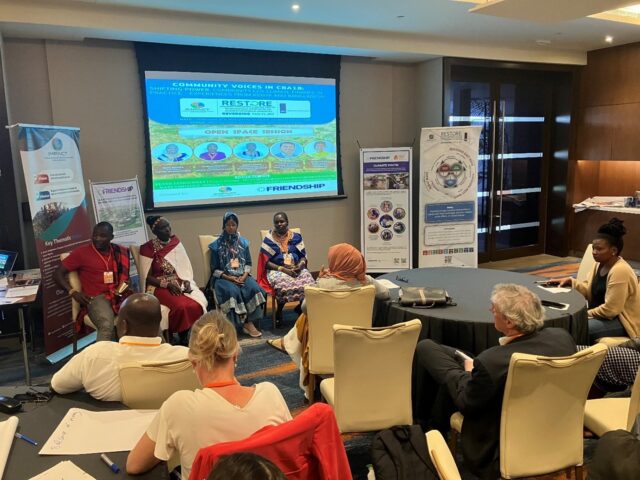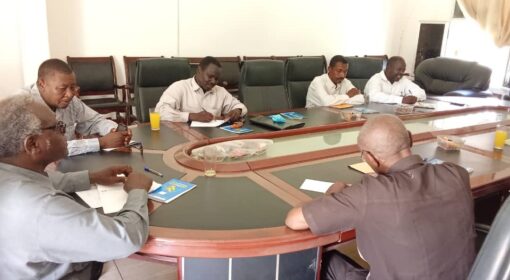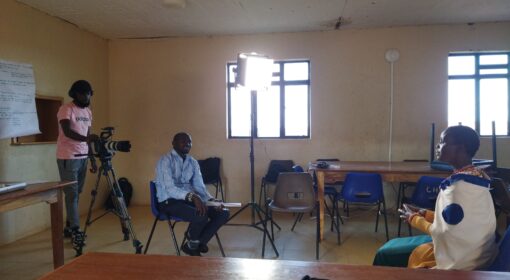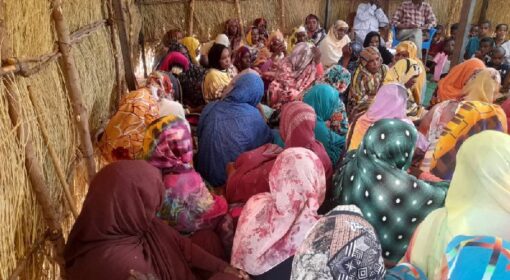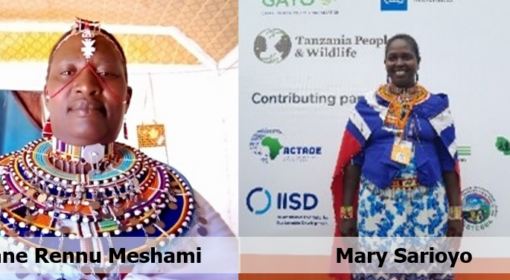Frank van Steenbergen & Femke van Woesik
This blog is part of a dossier on locally-led adaptation, featuring insights and lessons from the Reversing the Flow (RtF) program. RtF empowers communities in Bangladesh, Burkina Faso, Ethiopia, Kenya, and Sudan to build climate resilience through direct funding and a community-driven, landscape approach.
Language matters a lot. It is not only the words themselves but who controls their usage, who decides how to communicate, and whether to do this on equal terms. This control shapes the conversation, often leading to an uneven playing field where some voices are amplified while others are silenced. Those who steer language influence how ideas are framed and perceived, making certain concepts seem universally accepted or unavoidable.
Nearly 30 years ago, Robert Chambers, in his work ‘Whose Reality Counts?’ highlighted this power dynamic and his insights remain powerful today. He argued that language plays a crucial role in shaping development outcomes. He contends that those in positions of power often dictate the terms and concepts used in development discourse. Imposed standards, such as “income poverty” or “employment,” frequently fail to capture the complex realities on the ground. Chambers emphasized that this control over language often leads to policies that miss the real priorities of people experiencing poverty—like social connections and self-respect. He called for a shift in this power dynamic, urging that those living in poverty be empowered to define their terms and express their needs, ensuring that development practices truly reflect and address their lived experiences.
In an ideal world, language should be inclusive and clear, but jargon—specialized language specific to certain fields—can create distance, cause confusion, and exclude those unfamiliar with certain terms. Jargon can subtly creep into conversations or be deliberately used to say little while seeming important, to intimidate with heavy language, or to mask the reality of a situation.
Three Dimensions of Jargon
- Unclear Jargon
Some jargon is so vague that it appears to convey something important but actually says very little, making it hard for people to grasp the true meaning. Terms like “capacity building” or “localization” can be unclear. Over time, these terms become so entrenched in our discourse that we barely recognize them as jargon anymore. They blend into everyday language, losing their original meaning and becoming part of a vague, catch-all vocabulary. Using plain language makes ideas accessible to everyone and ensures that the message isn’t buried in unnecessary complexity.
- Intimidating jargon
Jargon can also be used to create a sense of authority or power by using heavy, technical language. This can overwhelm or intimidate those unfamiliar with the terminology, creating a power imbalance. For instance, communities may have long been engaged in practices now labelled as “reflexive monitoring,” a term that might make familiar activities seem more complex or distant than they truly are. In some cases, jargon can even seem intimidating or threatening and push people out of the conversation. Words like “procurement,” for example, can make a straightforward process like getting goods or shopping seem daunting or inaccessible, making people feel overwhelmed or unsure of their place. Recognizing this, it’s essential to communicate in ways that empower rather than exclude, supporting inclusive and effective dialogue.
- Masquerading jargon
Finally, jargon can soften or mask the reality of a situation, often by using language that sounds positive or neutral. Phrases like “community engagement” or “stakeholder alignment” may gloss over the complexities or negative aspects of a situation. This can complicate understanding and create barriers between the speaker and the audience, making the topic feel distant or disconnected.
Avoiding jargon promotes transparency, fosters mutual understanding, and ensures that everyone is on the same page. As we continue to navigate complex social and development issues, let’s commit to using language that empowers, clarifies, and includes.
